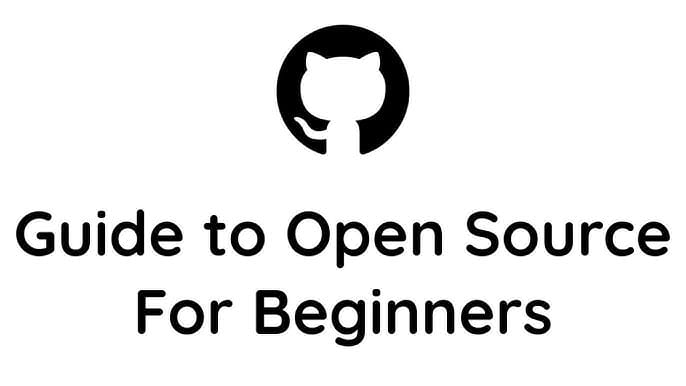Why WBFOSS Matters: Building an Open Tech Culture for Bengal
Technology runs through everything now—how we learn, heal, build, and govern. One of the strongest ideas behind that change is open-source software: code that anyone can use, study, improve, and share. It’s messy sometimes, beautifully collaborative most of the time, and—when it works—it moves faster than anything done behind closed doors.
In West Bengal, that spirit has a home: the West Bengal Free and Open Source Society, or WBFOSS.
At its core, WBFOSS is a very simple idea with very practical ambition—get people who don’t usually sit together to sit together. Engineers and teachers. Students and startup founders. Civil servants and civic hackers. The aim isn’t to chase buzzwords; it’s to make free and open-source software the default choice where it makes sense. That means lower costs, fewer barriers, and tools that bend to local needs instead of the other way around.
Open source isn’t just cheaper software. It’s a way to keep control of our own tech. If a school needs a Bengali interface, we shouldn’t have to wait six months for a vendor ticket to be approved. If a municipality wants to audit how citizen data flows through a system, they shouldn’t have to sign an NDA to peek at the code. Openness lets us adapt quickly, fix what’s broken, and teach the next generation by showing them how the engine really works.
This is where WBFOSS is already useful: it turns interest into practice. Workshops and hack days help students ship something real. Meetups connect a first-time contributor with a maintainer who can show them how to write that first pull request. A small business owner who’s tired of expensive licenses learns how to run a stable, secure, open stack. None of this is glamorous. All of it adds up.
The other quiet superpower of WBFOSS is matchmaking. Good ideas often die in isolation; good projects flourish when they find the right people. A civic data tool becomes reliable when an SRE offers to harden it. A promising research prototype gets out of the lab when a product thinker helps shape its roadmap. Mentors, reviewers, translators, documentation writers—this is the invisible infrastructure that takes code from “interesting” to “in use.”
Collaboration also stretches across sectors. When industry, academia, and government share the same table, you get solutions that reflect real constraints, not slides. Think health registries that respect privacy from day one. Teacher tools that work well on low-end hardware. Citizen services that are fast, multilingual, and accessible. You don’t have to reinvent the wheel each time—open ecosystems let you reuse, improve, and share back.
Of course, openness is also governance. Decisions made in the open are easier to trust. Roadmaps discussed in public invite better criticism. Credit given fairly keeps volunteers coming back. WBFOSS pushes for that kind of culture: inclusive, auditable, and accountable. It isn’t about perfection. It’s about building habits that make software more resilient and communities less fragile.
What does Bengal gain from this? Self-reliance, first. The ability to localize, audit, and maintain our own systems without waiting for a distant helpdesk. Lower long-term costs for institutions that operate on thin budgets. Skills that travel—because once you’ve learned to contribute to open projects, you can work with teams anywhere in the world. And maybe most important: a sense that technology here isn’t just consumed; it’s created.
If any of this sounds like your kind of work—whether you write code, design interfaces, test releases, translate strings, write docs, or simply care about better public tech—there’s a chair with your name on it. Join a meetup. Pick an issue. Start a small tool that scratches a local itch. Ask questions. Learn in public. Share what you know.
The future of technology in West Bengal doesn’t have to be imported. It can be built in the open, together. That’s what WBFOSS is for—and that’s why it matters.
Join the movement today and be part of the open-source revolution in West Bengal!


